Find Help
More Items From Ergsy search
-

What are migraines and cluster headaches?
Relevance: 100%
-
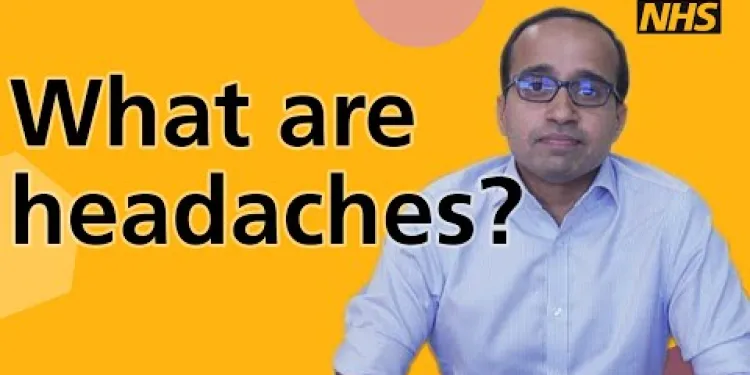
What are headaches?
Relevance: 59%
-

Migraine
Relevance: 48%
-
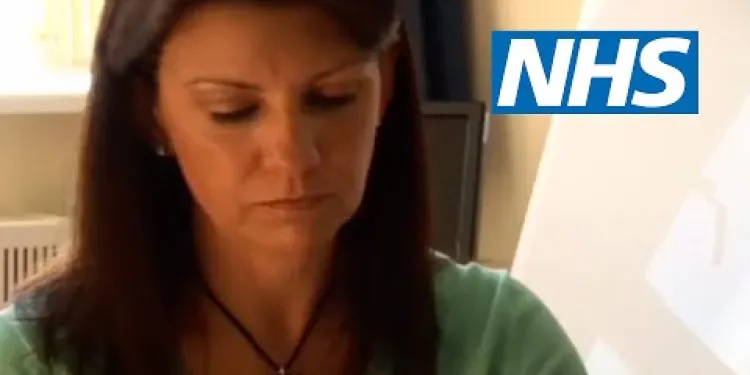
Migraine | NHS
Relevance: 46%
-
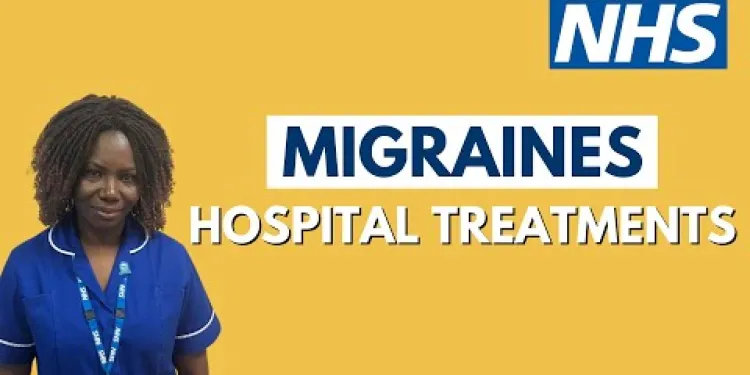
Migraine
Relevance: 45%
-
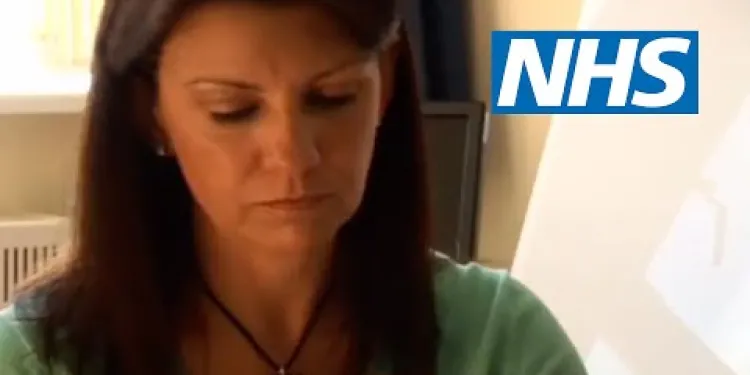
Migraine | NHS
Relevance: 43%
-
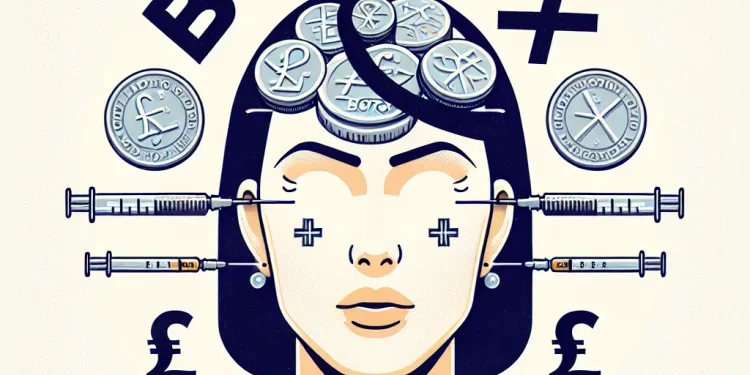
Can Botox be used for migraines?
Relevance: 41%
-
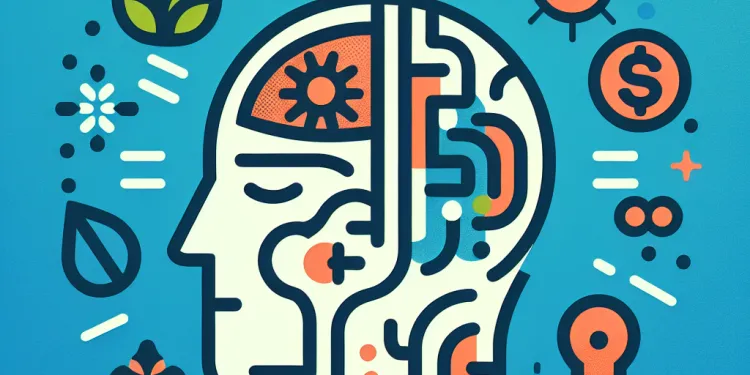
Is headache a symptom of a concussion?
Relevance: 38%
-
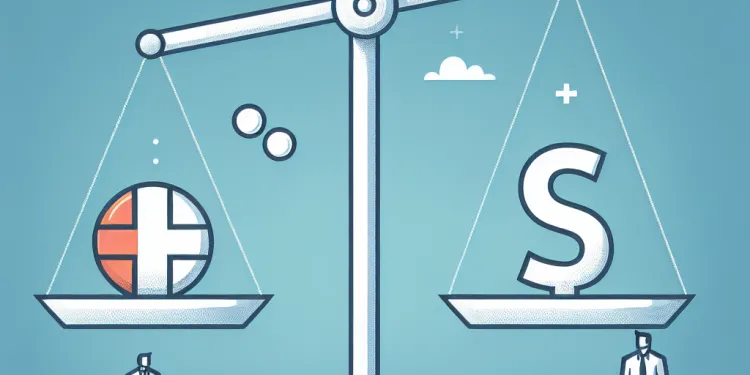
Which one is better for headaches: Aspirin or Paracetamol?
Relevance: 32%
-
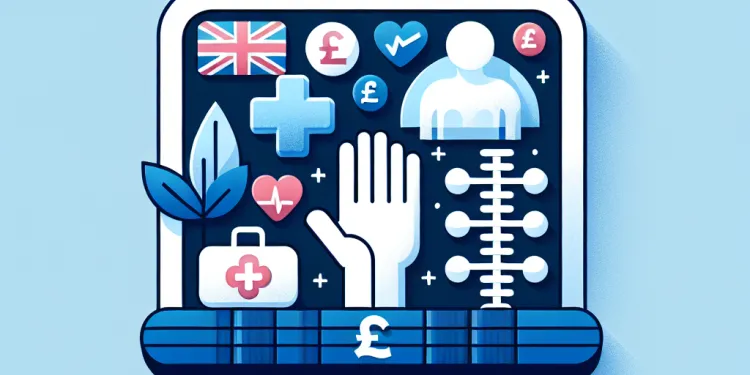
Can chiropractors help with headaches?
Relevance: 27%
-

Are headaches a common side effect of weight loss medications?
Relevance: 24%
-

What is a common use of paracetamol?
Relevance: 16%
-

Can Botox be used for treating conditions other than wrinkles?
Relevance: 15%
-

What is Botox used for?
Relevance: 13%
-
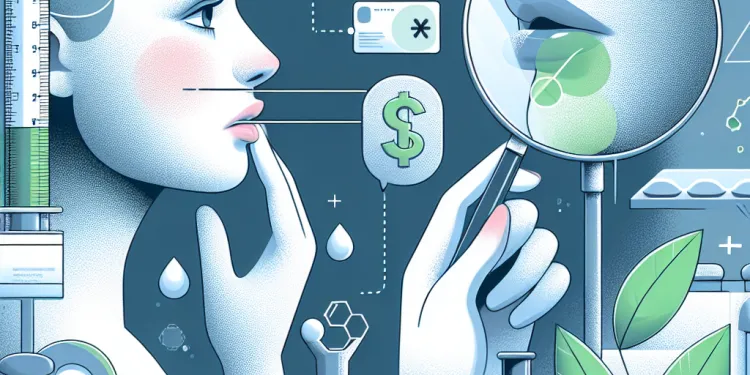
What are the symptoms of a cold sore?
Relevance: 13%
-
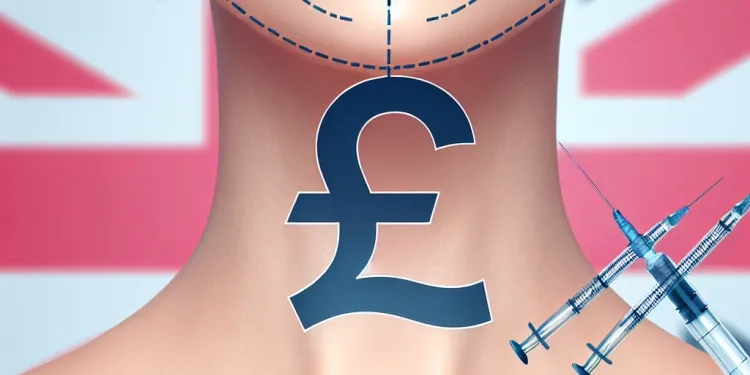
What areas can be treated with Botox?
Relevance: 13%
-

Can Botox cause serious health issues?
Relevance: 12%
-
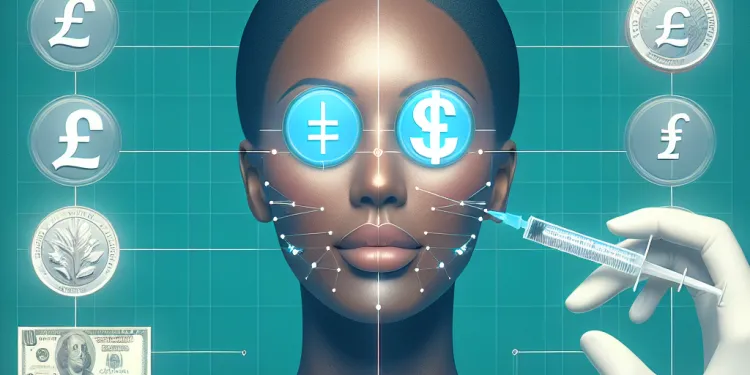
What are the common uses of Botox?
Relevance: 11%
-

What is Botox?
Relevance: 11%
-
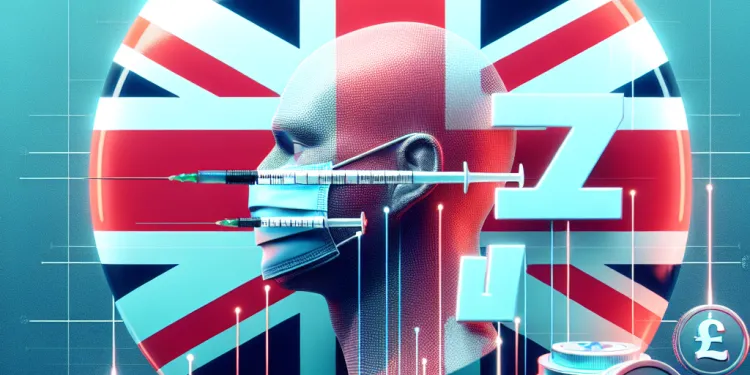
Can I get Botulism from Botox Treatments?
Relevance: 11%
-

Is Botox safe?
Relevance: 10%
-
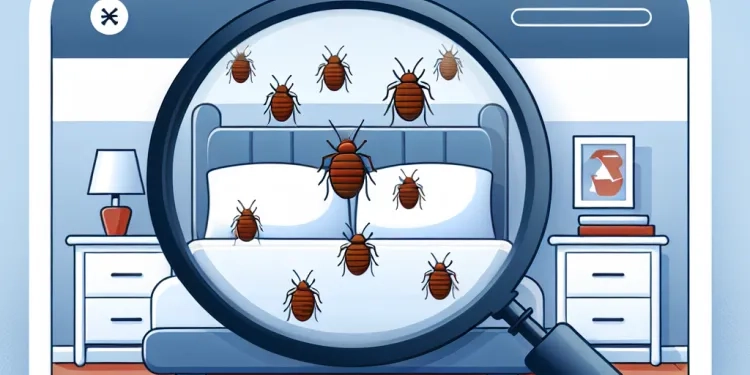
What are the signs of a bed bug infestation?
Relevance: 9%
-
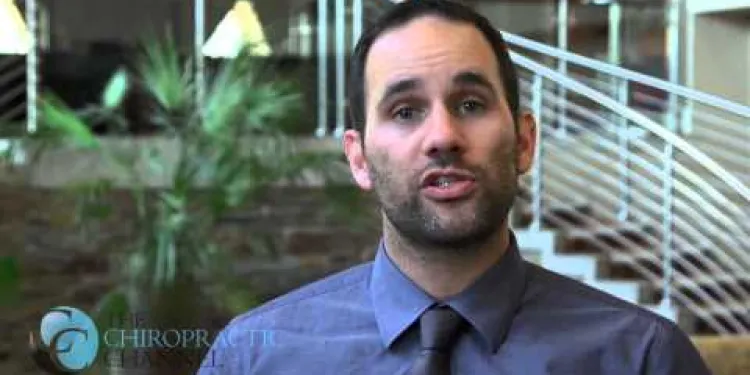
Chiropractic Care on the NHS
Relevance: 8%
-
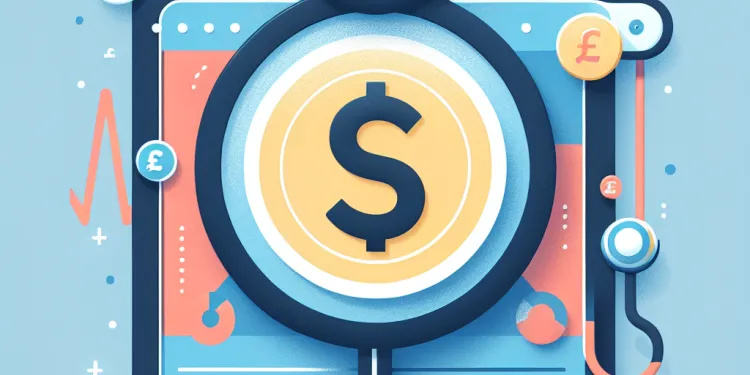
What are the common side effects of spinal anaesthesia?
Relevance: 8%
-
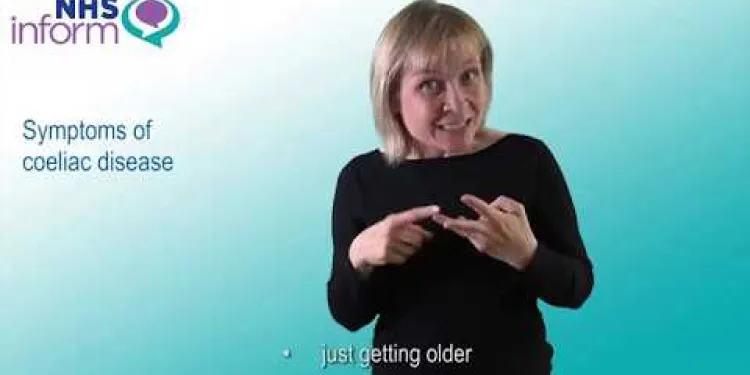
Symptoms of coeliac disease
Relevance: 8%
-
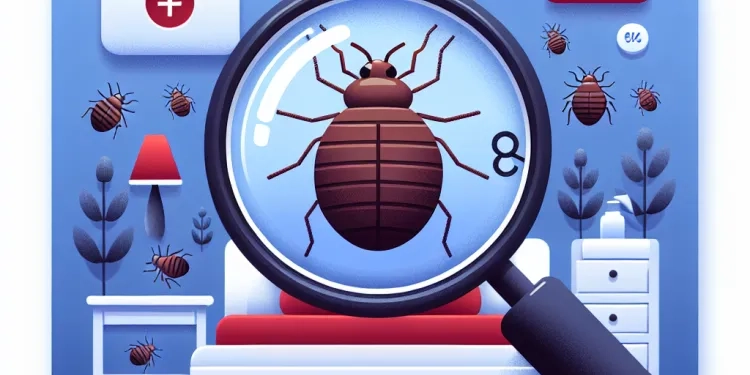
How can I tell if bites are from bed bugs?
Relevance: 8%
-

How do health authorities confirm a Marburg virus outbreak?
Relevance: 8%
-
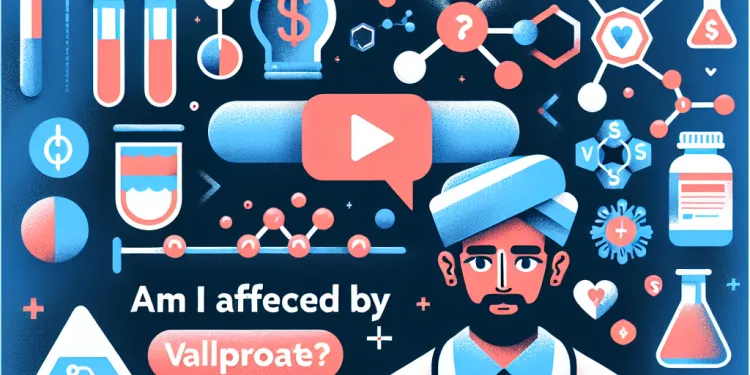
Am I affected by Sodium Valproate?
Relevance: 8%
-

What are common symptoms of meningitis?
Relevance: 8%
-

What is Botox made from?
Relevance: 8%
-
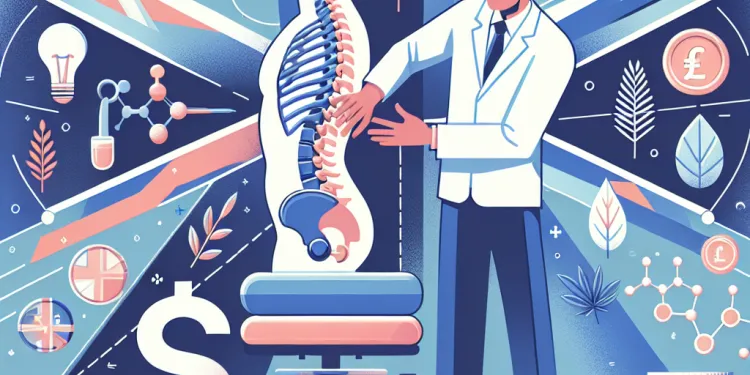
Do chiropractors only treat the spine?
Relevance: 8%
-
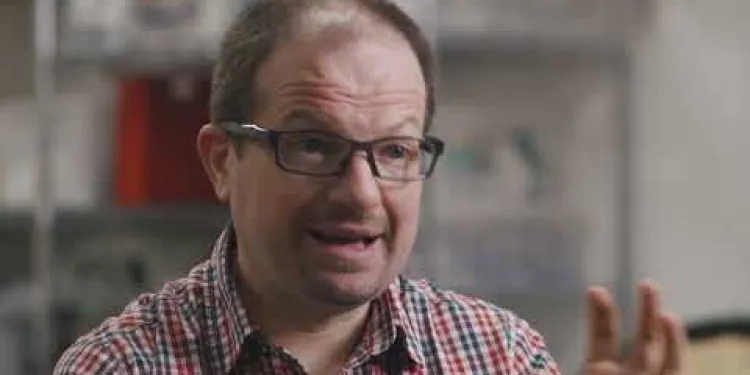
An Introduction to Decompression Illness: Signs & Symptoms”. Dr Roland Armes
Relevance: 8%
-

How long has Botox been used in medicine?
Relevance: 8%
-

How does Botox work if it's related to botulism toxin?
Relevance: 7%
-
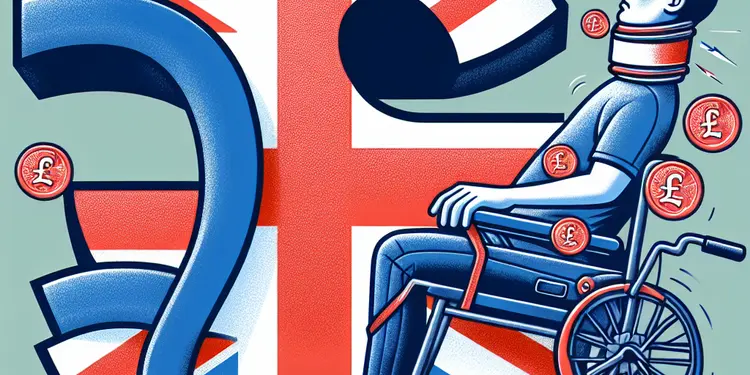
What are the symptoms of whiplash?
Relevance: 7%
-
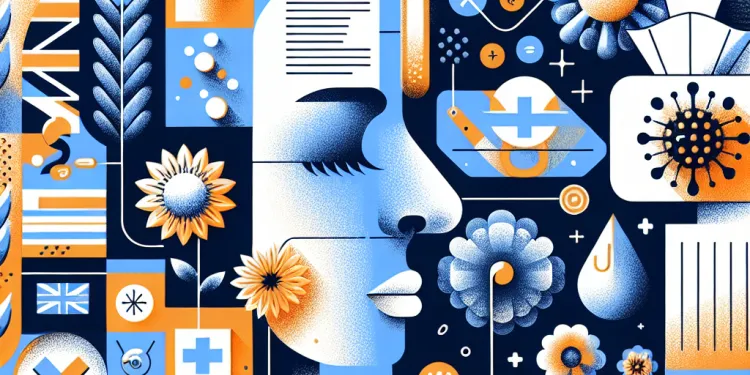
Can hay fever symptoms mimic other conditions?
Relevance: 7%
-
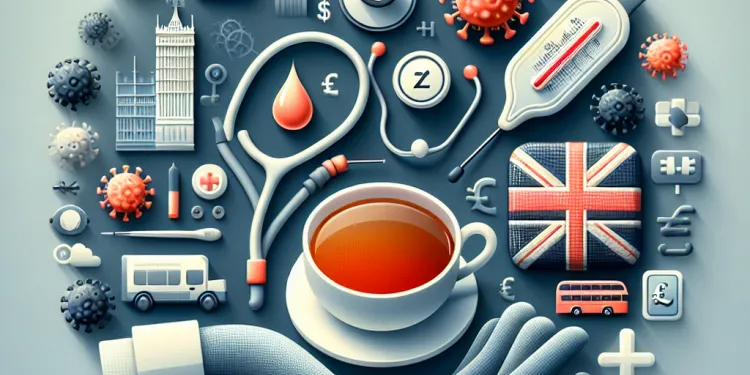
What are the symptoms of West Nile Virus?
Relevance: 7%
-
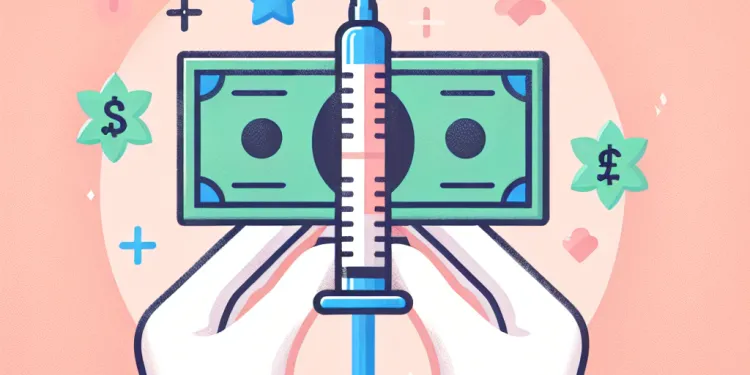
Can anyone get Botox treatments?
Relevance: 7%
-
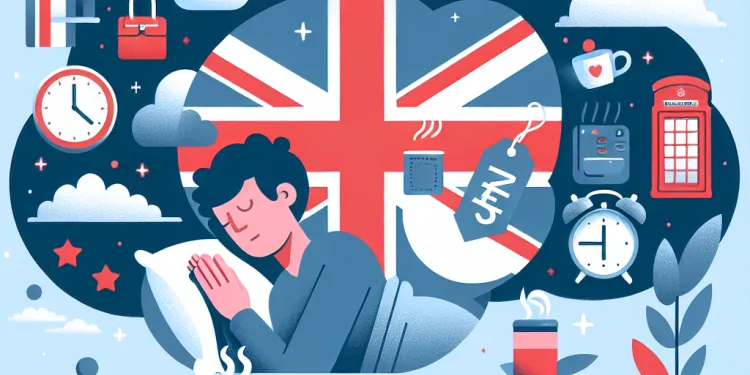
What are common symptoms of sleep apnea?
Relevance: 7%
-
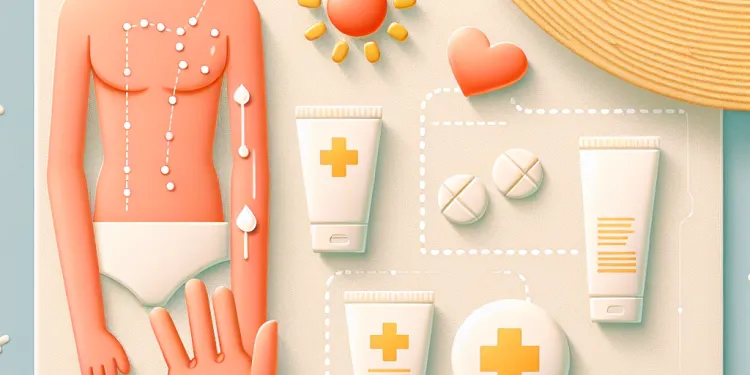
What are the symptoms of sunburn?
Relevance: 7%
Understanding Migraines and Cluster Headaches
What Are Migraines?
Migraines are a type of headache characterized by intense, throbbing pain, typically on one side of the head. They can be accompanied by other symptoms such as nausea, vomiting, and sensitivity to light and sound. Migraines are a common neurological condition that affects millions of people in the United Kingdom. While the exact cause of migraines is unknown, several factors like genetics, environmental influences, and lifestyle choices can trigger them. Migraines can last anywhere from a few hours to several days and can significantly impact a person's quality of life.
Symptoms of Migraines
The symptoms of migraines can vary widely among individuals. Common symptoms include:
- Pulsating or throbbing pain, often on one side of the head.
- Nausea and vomiting.
- Sensitivity to light, sound, and sometimes smell.
- Visual disturbances, also known as aura, which can include flashes of light, blind spots, or tingling in the face or hands.
If you suffer from migraines, it is important to consult with a healthcare professional for an accurate diagnosis and management plan.
What Are Cluster Headaches?
Cluster headaches are a less common but extremely painful type of headache. They occur in cyclical patterns or clusters, often waking sufferers from sleep due to their intensity. Cluster headaches are more common in men and can be incredibly debilitating. Unlike migraines, cluster headaches usually present as severe, burning, or sharp pain focused around or behind one eye. These headaches can last from 15 minutes to three hours and can occur multiple times a day during a cluster period, which can last for weeks or even months.
Symptoms of Cluster Headaches
Cluster headaches have distinct symptoms, which may include:
- Excruciating pain around one eye, which may radiate to other areas of the face, head, neck, and shoulders.
- Red, watery eyes or small pupil.
- Swelling around the eye on the affected side.
- Runny or blocked nostril on the affected side.
Individuals experiencing these symptoms should seek medical attention for appropriate diagnosis and treatment options.
Treatment and Management
The treatment for migraines and cluster headaches in the UK can include a combination of medications, lifestyle adjustments, and alternative therapies. For migraines, over-the-counter pain relievers, prescription medications, and preventative treatments may be prescribed. Lifestyle changes such as stress management, adequate sleep, and avoiding known migraine triggers can also help. For cluster headaches, oxygen therapy, injectable medications, and preventative treatments are often used. Consulting with a healthcare provider is crucial for developing an effective treatment plan tailored to individual needs.
Understanding Migraines and Cluster Headaches
What are Migraines?
Migraines are a type of headache characterized by intense, throbbing pain, often on one side of the head. They are a common neurological condition, frequently accompanied by nausea, vomiting, and heightened sensitivity to light and sound. Some individuals may experience visual disturbances known as "auras" before or during a migraine. These can include seeing flashing lights, blind spots, or zigzag patterns.
What Causes Migraines?
The exact cause of migraines is not completely understood, but they are believed to be related to temporary changes in the chemicals, nerves, and blood vessels in the brain. Various factors can trigger migraines, including stress, certain foods and drinks, hormonal changes, changes in sleep patterns, and environmental factors. In the UK, lifestyle and diet adjustments are often recommended as part of a management strategy for migraines.
What are Cluster Headaches?
Cluster headaches are a rare but extremely painful type of headache, characterized by intense bouts of pain generally around one eye or one side of the head. These attacks occur in clusters, often at the same time each day for several weeks or months, followed by periods of remission when the headaches stop. They are less common than migraines but can have a debilitating impact on the individual's quality of life.
Understanding Triggers and Treatments in the UK
Both migraines and cluster headaches can be influenced by numerous triggers. Common triggers in the UK include stress, alcohol consumption, particularly red wine, and certain foods like aged cheeses and processed meats. Treatment options vary; for migraines, over-the-counter pain relief, prescription medications, and lifestyle changes are common, whereas cluster headaches may require stronger prescription medicines, oxygen therapy, or other specialized treatments. It's important for sufferers to consult with healthcare professionals for a proper diagnosis and treatment plan.
Understanding Migraines and Cluster Headaches
What Are Migraines?
Migraines are strong headaches. They often cause a pounding feeling on one side of your head. You might also feel sick, want to throw up, or find light and sound bothers you. Many people in the UK have migraines. We do not know the exact cause, but things like family history, the environment, and how you live can set them off. Migraines can last a few hours or even days. They can make life hard.
Symptoms of Migraines
What you feel with a migraine can be different for everyone. Common things you might feel are:
- Pounding pain on one side of the head.
- Feeling sick or throwing up.
- Not liking bright lights or loud sounds.
- Seeing flashing lights or having blurry vision. This is called an "aura."
If you think you have migraines, it is important to talk to a doctor. They can help you feel better.
What Are Cluster Headaches?
Cluster headaches are another kind of headache that hurts a lot. They often come in groups or "clusters." They might wake you up because they hurt so much. More men get these headaches. Cluster headaches feel like burning or sharp pain. The pain is usually around or behind one eye. They might last 15 minutes to three hours and can happen many times a day. They can go on for weeks or months.
Symptoms of Cluster Headaches
Cluster headaches have signs like:
- Very bad pain around one eye that can spread to your face, head, neck, and shoulders.
- Red, watery eyes or a small pupil.
- Swelling around the painful eye.
- Runny or blocked nose on the painful side.
If you have these symptoms, see a doctor. They can help find the best way to treat it.
Treatment and Management
In the UK, treating migraines and cluster headaches usually means using medicines, changing how you live, and sometimes other therapies. For migraines, you might take medicine from a pharmacy or get a prescription from a doctor. You can make lifestyle changes like managing stress, getting enough sleep, and avoiding things that start your migraines. For cluster headaches, treatments can include breathing oxygen, taking special medications, and using preventative treatments. Talk to a doctor to get a plan that is right for you.
Understanding Migraines and Cluster Headaches
What are Migraines?
Migraines are bad headaches that hurt a lot. The pain is usually on one side of your head. Migraines can make you feel very sick, and you might want to be in a dark, quiet room. Before or during a migraine, some people see flashing lights or patterns. This is called an "aura."
What Causes Migraines?
We do not know exactly why migraines happen. They might be caused by changes in the brain. Things that can start a migraine include stress, eating certain foods, not getting enough sleep, and changes in your routine. In the UK, people often try to change what they eat or how they live to feel better.
What are Cluster Headaches?
Cluster headaches are very painful headaches. The pain is usually around one eye or one side of your head. They happen in groups, often at the same time every day, for weeks or months. Then you might not have any for a while. Cluster headaches are not as common as migraines but can make life very hard.
Understanding Triggers and Treatments in the UK
Both migraines and cluster headaches can be started by different things. In the UK, stress, drinking alcohol, and some foods like old cheese or processed meats can be triggers. For migraines, you might take medicines from the shop or your doctor, and try to live a healthy life. For cluster headaches, you might need stronger medicines or oxygen. It's important to talk to a doctor to find out what is best for you.
Frequently Asked Questions
What is a migraine?
A migraine is a neurological condition characterized by intense, debilitating headaches and often accompanied by nausea, vomiting, and sensitivity to light and sound.
What are the common symptoms of a migraine?
Common symptoms of a migraine include a throbbing headache, usually on one side of the head, nausea, vomiting, and increased sensitivity to light and sound.
What is a cluster headache?
A cluster headache is a type of headache that occurs in cyclical patterns or clusters, causing severe pain on one side of the head, often around the eye, and is usually accompanied by redness, nasal congestion, and tearing.
How are migraines diagnosed?
Migraines are diagnosed based on medical history, reported symptoms, and a physical and neurological examination. Sometimes, imaging tests like an MRI or CT scan are used to rule out other conditions.
What triggers migraines?
Common migraine triggers include stress, hormonal changes, certain foods and drinks, lack of sleep, and environmental factors such as bright lights or loud noises.
Are migraines hereditary?
Yes, migraines often run in families, suggesting a genetic component to the condition.
What are the treatment options for migraines?
Treatment options for migraines include pain relief medications like NSAIDs or triptans, preventative medications to reduce frequency, and lifestyle changes such as stress management and diet adjustments.
How do cluster headaches differ from migraines?
Cluster headaches are shorter in duration but occur in groups or clusters, while migraines are longer-lasting. Cluster headaches cause severe pain on one side of the head, often around the eye, and are more common in men.
What are the common triggers for cluster headaches?
Common triggers for cluster headaches include alcohol, strong smells, high altitudes, and changes in sleep patterns.
Can lifestyle changes help manage migraines?
Yes, lifestyle changes like maintaining a regular sleep schedule, managing stress, staying hydrated, and avoiding known triggers can help manage migraines.
What medications can help with cluster headaches?
Medications for cluster headaches include triptans, oxygen therapy, and preventive treatments such as calcium channel blockers.
Are there any alternative therapies for migraines?
Some alternative therapies for migraines include acupuncture, biofeedback, cognitive behavioral therapy, and certain supplements like magnesium or riboflavin.
Why are cluster headaches referred to as 'suicide headaches'?
Cluster headaches are sometimes called 'suicide headaches' because the pain is so intense and debilitating that it may lead sufferers to despair.
How prevalent are migraines in the United Kingdom?
Migraines affect approximately one in seven people in the United Kingdom, making them a common and significant health concern.
What should I do if I experience severe headaches frequently?
If you experience severe headaches frequently, it is important to consult a healthcare professional to determine the cause and appropriate treatment.
What is a migraine?
A migraine is a very bad headache. It can make you feel sick and can last a long time.
To feel better, try resting in a quiet, dark room. Drinking water can help too.
Ask an adult or use pictures to understand more about migraines.
A migraine is a kind of headache. It can hurt a lot and make you feel very bad. Sometimes, migraines also make people feel sick in their stomach, throw up, or they might not like bright lights and loud noises.
What Are Signs of a Migraine?
A migraine can make you feel very bad. Here are some signs to watch for:
- Bad headache: It can feel like your head is really hurting.
- Feel sick: You might feel like you want to throw up.
- Bright lights hurt: Lights might feel too bright and hurt your eyes.
- Loud sounds hurt: Noises might be too loud and make you feel worse.
- See flashing lights: You might see bright, flashing lights or zig-zag lines.
If you think you have a migraine, tell a grown-up. They can help you feel better or take you to a doctor.
Things that can help:
- Rest in a dark, quiet room.
- Put a cool cloth on your head.
- Ask for help from a parent or caregiver.
When you have a migraine, your head can hurt a lot. It often feels like it's pounding on one side. You might also feel sick to your stomach or throw up. Bright lights and loud noises can make you feel worse.
To help make things easier when reading, you can use tools like reading apps that read the text out loud. Trying to read in a quiet place and taking breaks can also help.
What is a cluster headache?
A cluster headache is a very painful headache. It happens in groups or "clusters". This means you get many headaches over a few days or weeks. These headaches can be very strong and hurt a lot. They might happen around the same time each day.
If you have cluster headaches, it is a good idea to talk to a doctor. They can help you feel better. You can also try sitting in a quiet, dark room to rest. Breathing deeply can help too.
Tools like a calendar can help you track when the headaches happen, so you can tell the doctor.
A cluster headache is a kind of headache that happens in a pattern. It makes one side of your head hurt a lot, usually near your eye. Your eye might also turn red, your nose could feel stuffy, and you might have tears.
How do doctors find out if you have migraines?
Doctors ask you about your headaches.
They want to know:
- How often you get headaches.
- Where it hurts.
- If light or noise bothers you during a headache.
The doctor might:
- Check your eyes and ears.
- Look at your neck and head.
- Ask questions to understand more.
Your answers help the doctor decide if you have migraines.
If you find it hard to explain, try:
- Drawing a picture of your headache.
- Keeping a headache diary to show the doctor.
- Bringing someone with you to help explain.
Doctors find out if you have migraines by talking to you about your health and the symptoms you feel. They also check your body and how your nerves work. Sometimes, they use pictures of your brain, like an MRI or CT scan, to make sure it's not something else causing the pain.
What causes migraines?
Migraines are very bad headaches. Here are some things that might cause them:
- Stress: Feeling worried or scared.
- Certain foods and drinks: Like chocolate, cheese, and soda.
- Not enough sleep: Feeling tired because you didn't sleep well.
- Strong smells: Like perfume or smoke.
- Bright lights: Lights that are too bright.
If you have a migraine, try turning off the lights, resting in a quiet room, or using a cool cloth on your head. You can also talk to an adult or a doctor for more help.
Things that can cause migraines are:
- Feeling stressed.
- When hormones change in your body.
- Certain foods and drinks.
- Not getting enough sleep.
- Bright lights or loud noises around you.
It can help to keep a diary of when you get headaches. This can show what makes your migraines worse. Wearing sunglasses or earplugs can help with bright lights or noise.
Do migraines run in families?
Migraines are really bad headaches that hurt a lot. Some people might get them because their parents or grandparents did too.
If your mom or dad gets migraines, you might get them as well.
Here are some things that can help:
- Tell a grown-up if you have a headache that hurts a lot.
- Rest in a quiet, dark room.
- Drink water to stay hydrated.
- A nice, cool cloth on your head can feel good.
If you have a lot of headaches, you can talk to a doctor. They can help figure out what to do.
Yes, migraines can run in families. This means it might be in your genes.
How can migraines be treated?
Migraines make your head hurt a lot.
Here are some ways to feel better:
- Take special medicine from a doctor.
- Rest in a quiet, dark room.
- Put a cool cloth on your head.
- Drink water.
- Ask a grown-up to help you.
Remember, talking to a doctor can help you find the best way to feel better.
If you have migraines (really bad headaches), there are ways to help you feel better. You can take medicine like pills to stop the pain. There are different types, such as NSAIDs or something called triptans. You can also take medicine that helps to stop migraines from happening as often.
Besides medicine, changing some things in your life can help too. You can try to manage your stress and eat healthy food. These changes can make a big difference and help you have fewer migraines.
How are cluster headaches different from migraines?
Some people have headaches that are called "cluster headaches" and others have "migraines." It means they are different. Here are some ways they are not the same:
- A cluster headache usually feels like a very strong pain on one side of the head, near the eye.
- A migraine can feel like a strong, throbbing pain on one or both sides of the head.
- Cluster headaches happen in groups. They can happen many times a day for weeks or even months. Then they might go away for a long time.
- Migraines can happen less often, but they can last for hours or days.
- Cluster headaches often come on quickly, while migraines might start slowly.
If it is hard to read, ask someone to help you. They can read it out loud. You can also use a tool that reads text out loud for you.
Cluster headaches hurt a lot on one side of the head, usually near the eye. They happen in groups or "clusters" of headaches. Cluster headaches are shorter but come often. They happen more to men.
What makes cluster headaches start?
Some things can make cluster headaches happen. These things are drinking alcohol, strong smells, being high up, and changes in sleep.
Can Changing How You Live Help Stop Bad Headaches?
Migraines are very bad headaches. They can make you feel really sick. You might see bright lights or feel dizzy.
Here are some ways to help:
- Sleep Well: Try to go to bed at the same time every night.
- Eat Healthy: Eat good food like fruits and vegetables.
- Drink Water: Drink lots of water every day.
- Exercise: Move your body. Go for a walk or play in the park.
- Avoid Stress: Do things that make you happy and calm.
These tips can help. But always talk to a doctor if you have questions.
Yes, you can do some things to help with migraines. These include: going to bed and waking up at the same time every day, finding ways to relax, drinking enough water, and staying away from things that make migraines worse.
What medicines can help with cluster headaches?
Cluster headaches are really strong headaches. Some medicines can make them feel better.
Ask a doctor what medicine is best for you. They can give you the right advice.
Using a calendar can help you remember when to take your medicine. You can mark the days and times to take it.
Some people find it helps to breathe deeply or rest in a dark room when they have a headache.
If you have any questions, you can talk to a doctor or nurse.
There are some medicines that can help with cluster headaches. These include triptans, breathing in oxygen, and taking medicine to stop the headaches before they start, like calcium channel blockers.
Are there other ways to help with headaches?
Do you have bad headaches called migraines? There are some ways to feel better:
- Relaxation: Try deep breathing or listen to calm music.
- Exercise: Go for a walk or do gentle yoga.
- Good sleep: Sleep well at night.
- Healthy food: Eat fresh fruits and vegetables.
- Drink water: Stay hydrated.
- Talk to a doctor: They can help with other ideas.
These tips might help make headaches feel better.
If you have a migraine, there are some other ways that might help you feel better. You can try:
- Acupuncture: This is when a person puts tiny needles in your skin to help stop the pain.
- Biofeedback: This is a way to learn how to relax and control your body to help with the pain.
- Talking therapy: This is when you talk to someone who can help you think in ways that make you feel better.
- Vitamins: Some people feel better when they take certain vitamins, like magnesium or riboflavin.
If reading is hard, try using audiobooks or reading apps that read out loud to you. You can also ask someone to read with you.
Why do people call cluster headaches 'suicide headaches'?
Cluster headaches are very painful. They hurt a lot. People call them 'suicide headaches' because the pain is so bad that it can make people feel really sad or hopeless.
If you or someone else gets these headaches, it is important to get help from a doctor. They can give you medicine to feel better.
Some things can help when you have a headache, like resting in a dark and quiet room.
Cluster headaches are very painful. Some people call them 'suicide headaches' because the pain can be so strong and hard to deal with. It can make people feel very upset and hopeless.
If you have these headaches, it is important to tell an adult or doctor. They can help you feel better.
Here are some things that could help:
- Talk to someone about how you feel.
- Try to stay calm and take deep breaths.
- Rest in a quiet and dark room.
- Cover your eyes with a cool cloth.
How common are migraines in the United Kingdom?
Migraines are very bad headaches. Many people in the UK get them.
If you want to learn more about migraines, you can:
- Ask a doctor or nurse.
- Look at health websites.
- Talk to someone who has migraines.
In the UK, about 1 out of every 7 people gets migraines. This means many people have this problem. It is important for health.
What can I do if I get bad headaches often?
If you have bad headaches a lot, it is important to tell an adult. They can help you find out why. Here are some steps you can take:
- Talk to a doctor. They can check to make sure you are okay.
- Keep a diary. Write down when you get headaches and what you were doing before.
- Try to rest in a quiet and dark room.
- Drink plenty of water. Sometimes, being thirsty can cause headaches.
- Ask an adult if you can take medicine that helps headaches.
Some people feel better when they use things like pillows to support their head while resting.
If these ideas do not help, make sure to let your doctor or an adult know.
If you get bad headaches a lot, it's a good idea to talk to a doctor. They can help find out why you are getting these headaches and how to make them better.
Useful Links
This website offers general information and is not a substitute for professional advice.
Always seek guidance from qualified professionals.
If you have any medical concerns or need urgent help, contact a healthcare professional or emergency services immediately.
Some of this content was generated with AI assistance. We’ve done our best to keep it accurate, helpful, and human-friendly.
- Ergsy carfully checks the information in the videos we provide here.
- Videos shown by Youtube after a video has completed, have NOT been reviewed by ERGSY.
- To view, click the arrow in centre of video.
- Most of the videos you find here will have subtitles and/or closed captions available.
- You may need to turn these on, and choose your preferred language.
- Go to the video you'd like to watch.
- If closed captions (CC) are available, settings will be visible on the bottom right of the video player.
- To turn on Captions, click settings .
- To turn off Captions, click settings again.
More Items From Ergsy search
-

What are migraines and cluster headaches?
Relevance: 100%
-

What are headaches?
Relevance: 59%
-

Migraine
Relevance: 48%
-

Migraine | NHS
Relevance: 46%
-

Migraine
Relevance: 45%
-

Migraine | NHS
Relevance: 43%
-

Can Botox be used for migraines?
Relevance: 41%
-

Is headache a symptom of a concussion?
Relevance: 38%
-

Which one is better for headaches: Aspirin or Paracetamol?
Relevance: 32%
-

Can chiropractors help with headaches?
Relevance: 27%
-

Are headaches a common side effect of weight loss medications?
Relevance: 24%
-

What is a common use of paracetamol?
Relevance: 16%
-

Can Botox be used for treating conditions other than wrinkles?
Relevance: 15%
-

What is Botox used for?
Relevance: 13%
-

What are the symptoms of a cold sore?
Relevance: 13%
-

What areas can be treated with Botox?
Relevance: 13%
-

Can Botox cause serious health issues?
Relevance: 12%
-

What are the common uses of Botox?
Relevance: 11%
-

What is Botox?
Relevance: 11%
-

Can I get Botulism from Botox Treatments?
Relevance: 11%
-

Is Botox safe?
Relevance: 10%
-

What are the signs of a bed bug infestation?
Relevance: 9%
-

Chiropractic Care on the NHS
Relevance: 8%
-

What are the common side effects of spinal anaesthesia?
Relevance: 8%
-

Symptoms of coeliac disease
Relevance: 8%
-

How can I tell if bites are from bed bugs?
Relevance: 8%
-

How do health authorities confirm a Marburg virus outbreak?
Relevance: 8%
-

Am I affected by Sodium Valproate?
Relevance: 8%
-

What are common symptoms of meningitis?
Relevance: 8%
-

What is Botox made from?
Relevance: 8%
-

Do chiropractors only treat the spine?
Relevance: 8%
-

An Introduction to Decompression Illness: Signs & Symptoms”. Dr Roland Armes
Relevance: 8%
-

How long has Botox been used in medicine?
Relevance: 8%
-

How does Botox work if it's related to botulism toxin?
Relevance: 7%
-

What are the symptoms of whiplash?
Relevance: 7%
-

Can hay fever symptoms mimic other conditions?
Relevance: 7%
-

What are the symptoms of West Nile Virus?
Relevance: 7%
-

Can anyone get Botox treatments?
Relevance: 7%
-

What are common symptoms of sleep apnea?
Relevance: 7%
-

What are the symptoms of sunburn?
Relevance: 7%


